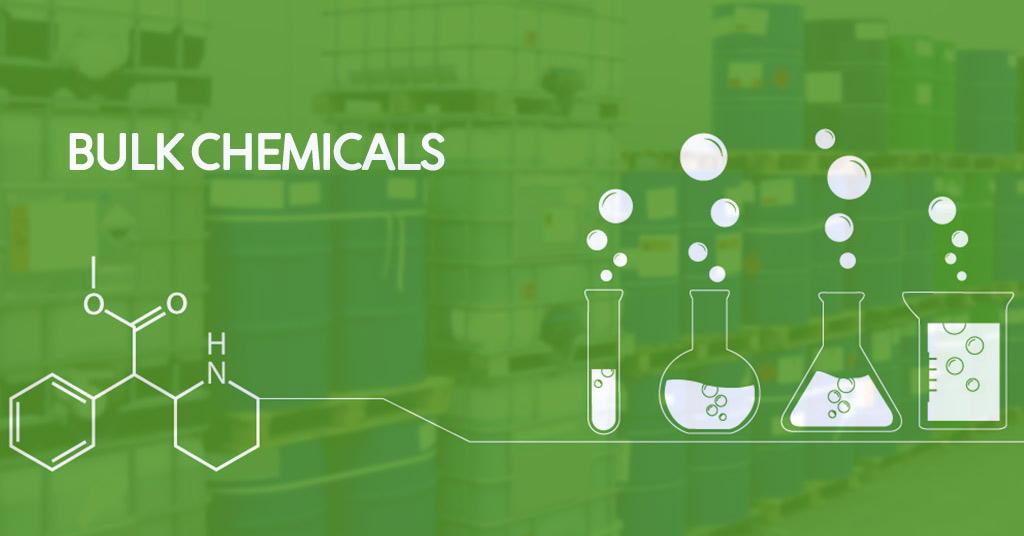Welcome To ChemAnalyst

New Delhi, India: The Indian authorities' decision to reduce the import duties on a few Steel raw materials further provoked them to impose charges on Steel exports and improve the availability and cost of cement. Due to this, better logistics are anticipated to assist real estate players in lowering the upward pressure on construction costs, as several participants are reluctant to scale up projects due to fluctuating building materials prices, particularly cement. To combat inflation, the Central Government proposed excise duty reductions of Rs. 8/litre for petrol and Rs. 6/litre for diesel, as well as Rs.200/cylinder LPG subsidy.
According to our sources, Steel and other Steel-related commodities have seen substantial price upsurges in the last two years, aggravated by the Russia-Ukraine conflict. Cement costs were Rs 325 a bag by the end of December but have since risen to Rs 400 and are expected to rise further due to high coal prices. Steel and cement account for 30% of real estate development construction costs. The Indian authorities, however, imposed an export charge on some Steel goods on Saturday, decreased import duties on selected Steel and plastic raw materials, and attempted to improve cement logistics.
As per market players, the government's efforts to stem the rise in the cost of raw materials and, as a result, inflation, as the Indian economy has remained resilient despite the strains of raw material price inflation, but the real estate sector's growth has been disrupted in the last 18 months. However, the government's considerable action to decrease import levies on Steel products should relieve all stakeholders. Furthermore, lowering the import duty on iron ore and Steel intermediates will increase domestic raw material availability, lower Steel product prices, and help tide over project price increases, boosting consumer sentiment. According to the real estate agents, the Indian administration's commitment to enhancing logistics and helping local availability of cement, building materials, and cutting customs charges on coal products used in cement manufacture will positively affect the cost of the commodity.
In the last three months, the rise in Steel, Cement, and Calcium Carbonate prices, which are essential building raw materials, is due to supply delays caused by the global geopolitical crisis in Ukraine and Russia. Steel, Cement, and other input costs have recently climbed by around 40%–46%, leading market players to raise prices. Several developers in Bangalore, Delhi-NCR, Hyderabad, Mumbai, and Pune have increased residential property prices by 6–10%.
As per ChemAnalyst, "Cement prices are anticipated to decrease further, which will further impact Calcium Carbonate prices." Fuel tax reductions to pre-covid levels will assist in lowering transportation costs for all raw materials and basics in industries that are unrelated to their enterprises and relieve pressure on end consumers.
We use cookies to deliver the best possible experience on our website. To learn more, visit our Privacy Policy. By continuing to use this site or by closing this box, you consent to our use of cookies. More info.
